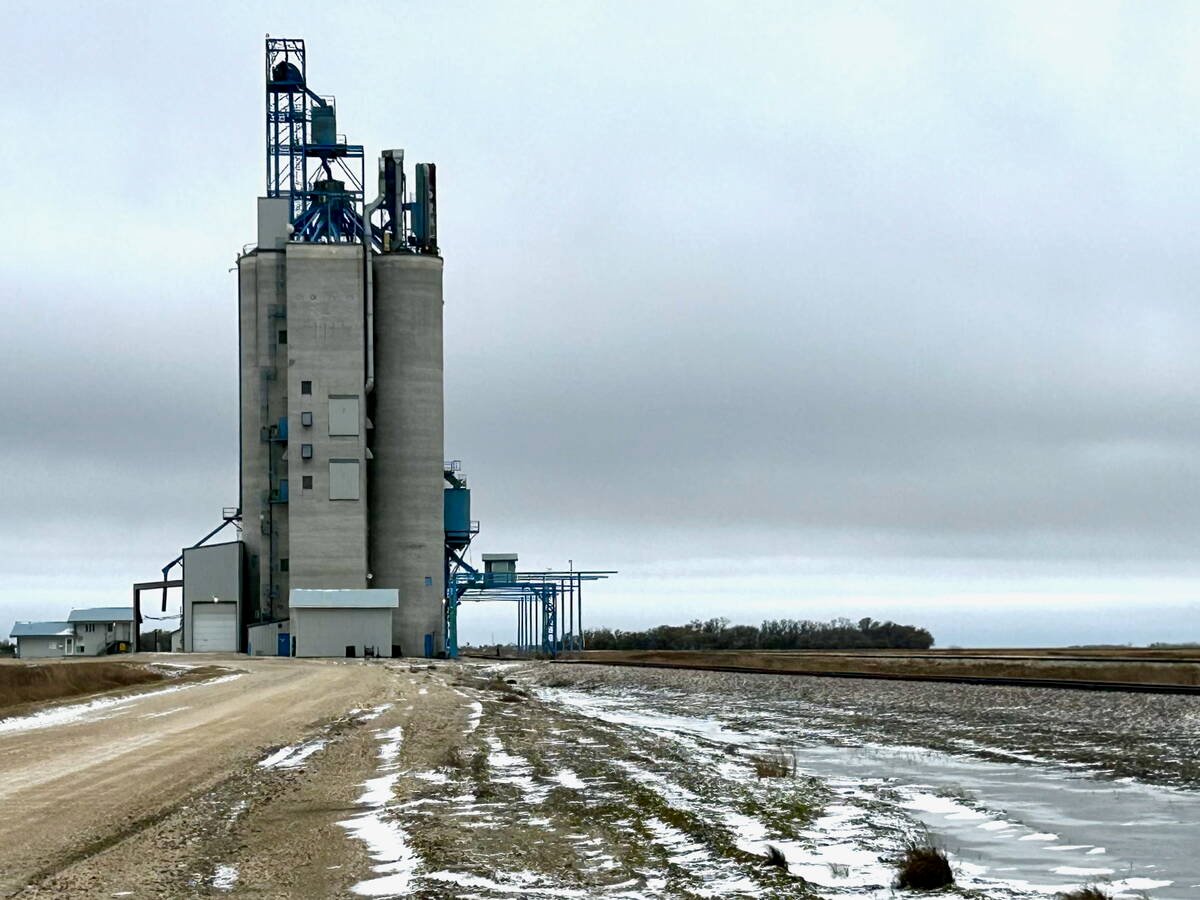WASHINGTON, D.C. (Reuters) — U.S. rail operators must put investment ahead of profits to clear the way for grain, automotive and chemical shipments now clogging the tracks, lawmakers said last week.
They made their comments at a congressional hearing about the health of the rail grid.
Rail backups in the U.S. Midwest are particularly acute because farmers are expected to harvest record large corn and soybean crops over the next two months and move much of that grain to market.
The rail sector has promised to spend US$26 billion this year to improve service, but senator Jay Rockefeller, chair of the Senate’s commerce committee, was not placated.
Read Also

Manitoba grain elevator ownership expands
Carman-based Linear Grain buys Fannystelle elevator from Bunge, another three elevators sold to Morden’s BP & Sons Grain and Storage Inc.
“You pretty much get what you want and stop what you want around here,” said Rockefeller, a West Virginia Democrat in his final months in office.
He accused the rail industry of having undue influence with Washington regulators and lawmakers.
“You are doing a great job for your shareholders. What about these folks?” Rockefeller said, referring to officials from the farm, auto and chemical industries who also testified at the hearing.
Automakers are spending tens of millions of dollars a month to avoid snarls on the tracks for their cargoes, said Shane Karr of the Alliance of Automobile Manufacturers.
Meanwhile, the massive U.S. grain harvest could exceed permanent storage bins by 694 million bushels this harvest season, or 3.5 percent of expected totals, said Arthur Neal, who analyzes market and transportation issues for the U.S. Department of Agriculture.
The glut could fill 174,000 jumbo hopper rail cars.
Neal said South Dakota, Indiana, Missouri and Illinois are among the states most affected.
Much of last year’s crop is still lying around, he added.
“It is critical to move as much of the 2013 grain crop as quickly and efficiently as possible,” he said.
The grain glut is causing snarls along train lines controlled by BNSF Railway and Canadian Pacific Railway and driving up other transportation costs.
For example, barge rates on the Mississippi and Illinois rivers are 50 percent higher than the five-year average.
Senator Amy Klobuchar, a Minnesota Democrat, said higher costs for agriculture deliveries could push foreign buyers to turn away from U.S. producers.
“We have to find a way out of this,” she said.
Ed Hamberger, president of the Association of American Railroads, said operators aim to strike a balance between delivering good service and satisfying investors.
When Rockefeller accused the rail sector of profiteering, Hamberger said operators deliver a return on invested capital about half the average for Fortune 500 companies.
It would be more difficult for the railroads to attract investment to improve service if they were financially weaker, he added, while acknowledging service can be improved.
“For a not insignificant group of rail customers, rail service in recent months has not been of the quality they have come to expect,” Hamberger told the hearings.
“Rest assured, railroads are working tirelessly to remedy these challenges.”














